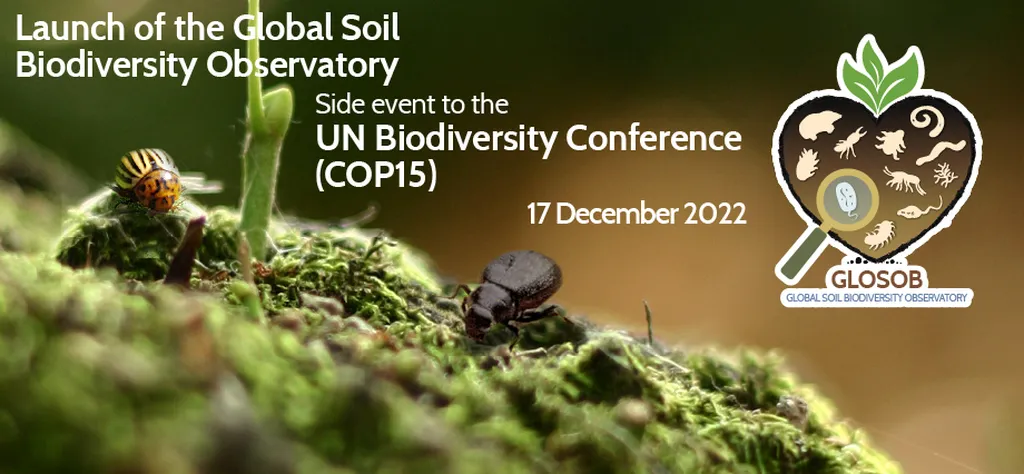In a significant stride towards preserving the unseen world beneath our feet, the Food and Agriculture Organization of the United Nations (FAO) has been tasked with establishing a global soil biodiversity and ecosystem function monitoring framework. This initiative, known as the Global Soil Biodiversity Observatory (GLOSOB), is a key component of the post-2020 Plan of Action of the International Initiative for the Conservation and Sustainable Use of Soil Biodiversity, adopted at the recent Conference of the Parties to the United Nations Convention on Biological Diversity (CBD COP15).
The mandate, as outlined in the article published in ‘Soil Organisms’ (which translates to ‘Soil Creatures’), underscores the critical role of soil biodiversity in maintaining healthy ecosystems and supporting agricultural productivity. Jacob Parnell, lead author of the article and a representative from the FAO, emphasizes the importance of this initiative. “Soil biodiversity is the unseen engine that drives our ecosystems,” Parnell states. “By monitoring and understanding these complex interactions, we can better manage our soils for sustainable agriculture and food security.”
The GLOSOB initiative builds on the foundation laid by the FAO’s Global Soil Partnership (GSP) and its International Network on Soil Biodiversity (NETSOB), as well as other global efforts like the Global Soil Biodiversity Initiative (GSBI) and the Soil Biodiversity Observation Network (SoilBON). These collaborative platforms aim to enhance knowledge and promote policies that prioritize soil biodiversity in national reports and biodiversity strategies.
For the energy sector, the implications are profound. Healthy soils play a crucial role in carbon sequestration, mitigating the impacts of climate change. By improving our understanding of soil biodiversity, we can develop more effective strategies for carbon storage, which is vital for meeting global climate goals. Additionally, sustainable soil management practices can enhance the productivity of bioenergy crops, providing a renewable energy source that is both environmentally friendly and economically viable.
The establishment of GLOSOB marks a significant step forward in our collective efforts to conserve and sustainably use soil biodiversity. As Parnell notes, “This initiative is not just about science; it’s about action. It’s about translating knowledge into policies and practices that benefit both people and the planet.” By fostering international collaboration and knowledge-sharing, GLOSOB has the potential to shape future developments in soil biodiversity monitoring and management, ultimately contributing to a more sustainable and resilient future for all.
As the world grapples with the challenges of climate change and food security, the insights gained from GLOSOB will be invaluable. By prioritizing soil biodiversity, we can ensure that our soils continue to support life and contribute to a healthier, more sustainable planet.

